- Fix a time of going to bed
- Get active
- Food
- Challenge yourself
- Try sleeping meditation
- Regulate Caffeine Intake
- Apps to track sleep
- Room temperature for sleeping
- Change your lighting
- Bedding
- Essential oils and aromas for better sleep
- Relaxing Yoga practices to sleep better
- Sleep supplements
- Consult a sleep therapist
14 Tips to Fix Your Sleep Routine
Without enough sleep, we all become tall two-year-olds.” — JoJo Jensen, Dirt Farmer Wisdom. Here are 14 tips to help you beat the monster under your bed.
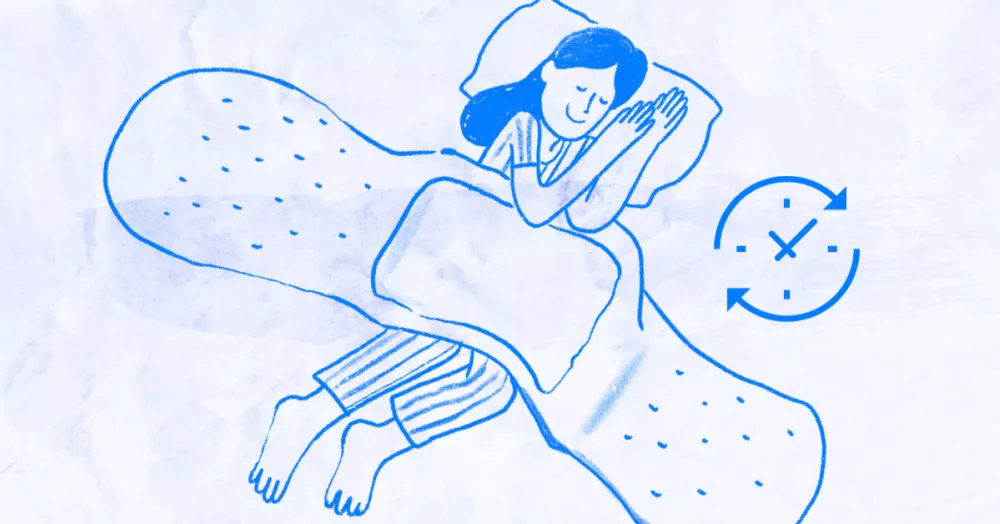
Studies show that about 62% of adults worldwide do not sleep well. Sleep doesn’t come naturally for many of us. We struggle with sleep either on a regular basis or on an occasional basis.
In a culture that glorifies putting our health (especially sleep) over everything else, we are here to talk about the importance of sleep.
lifeism.coAs mentioned in our previous article on sleep, getting a good night’s sleep is important. It enhances cognitive functions, restores and repairs us physically. While we are all aware of the problem (and many times, the solution), we just can’t seem to overcome the problem. While some of the tips mentioned in the articles may be simple (or you may already know them), they may just work for you, because a reminder may be all that you need. All that we need to change is to tip over ever so gently.
Work towards a sleep routine
A routine is a series of actions you do each day. You can build that routine over time and “stack” the habits that work. This habit stack becomes a routine. Your goal should be to develop a routine that is unique to you, that you look forward to. This series of steps signals your brain that it's time for bed. But remember that stacking these habits take time. Be patient with yourself and be kind to yourself when things don’t go as planned.
Small habits and routines lead to big lifestyle changes over time. These routines, also called "Sleep Hygiene", are science-backed habits that could help you get a good night's sleep. The sum is greater than the parts, and so, these simple sleep hygiene practices, when followed throughout the day, can prove conducive to getting a night of restful sleep. Let's dive into the top tips that can help you sleep better.
Fix a time of going to bed
This is by far the simplest advice we can give you. But just because it's simple, does not mean it's easy. Highly qualified and grounded individuals find it hard to do this. Our tip to you is to start about 45 minutes before that time you decided to go to bed. Start by flossing, removing makeup, changing into nightclothes, dimming your lights, and also turning on the blue light filter o your devices. Try to get under the covers before the time you want to go to bed.
If you usually sleep at midnight but want to sleep by 10:00 PM, then start by trying to sleep at 11:30 PM. Ease into the routine and feel good about getting something accomplished for the first few days. Then gradually build up to 10:00 PM instead of trying to fall asleep 2 hours early on the first day. Set realistic expectations.
Get active
For most of us, our jobs require us to sit in one place physically. We work really hard but it's less physical. While we are drained mentally, we may have a lot of energy physically. Giving our bodies a good workout physically signals our minds in the evening that it’s time for rest. If you work a desk job, then try to work out in the morning or the afternoon. Avoid working out at night so that adrenaline is not pumping through your veins when you are trying to sleep.
Note that these tips work for most people, but you know your body best. Listen to it and do what it tells you.
Food
For a good night’s sleep, keep a window of 2-3 hours between meals and bedtime. Avoid eating sugary foods before sleeping too as it interferes with deep sleep. Some other food items that you should avoid are alcohol and very heavy meals.
Challenge yourself
If you think you can take it up a notch, try a challenge for 30 or 60 days (about 2 months). Commit to getting up at a certain time, every day. Notice that the goal is not when or how to go to bed, it's when to get up. The idea is that of you are getting up early, your body will want to go to bed early, without you having to try. There are many morning-routine challenges you can do virtually including the one hosted by Robin Sharma:
Install the stunning daily routine of rising with the sun within the next 66 days at absolutely no cost.
robinsharma.comTry sleeping meditation
Music is powerful. If you haven't experienced binaural beats before, you are going to love going to bed with them. When we are sleep, our brain is in a certain frequency. Binaural beats produce the same frequency through music, lulling you to sleep effortlessly. There are many free sleep meditations on YouTube. There are also many apps that offer binaural sleep music for free if the YouTube Ads are distracting.
While this is some powerful stuff, know that we all respond differently to different stimuli. You are not going to find the perfect soundtrack on day one. Try experimenting and stick with it. See what works for you and make a note of it. Build a library of music that helps you. Strat playing that as you are winding down. Don’t wait to get under the covers before turning the music on. Ease into it.
We all know that meditation is good for us. But if sitting for hours in one position is not for you, then this article offers simple daily meditation methods.
lifeism.coRegulate Caffeine Intake
We are not going to ask you to stop drinking coffee and tea. But you can regulate your caffeine intake, make sure you are not overdoing it, and ensure that you have flushed it out of your system close to bedtime.
Here are some things you can do to not let caffeine affect your sleep:
- Set a time. Don’t drink coffee after 2:00PM (or earlier, if you know you are sensitive).
- Drink more water. Start increasing your water intake after 2:00PM to ensure that all caffeine is flushed out of your system by evening so it does not affect your sleeping patters.
- Switch to herbal teas and tisanes. If you must have something to get you through the day, then try replacing one cup of coffee with a tea or tisane. Many times, we just need to have something warm, not caffeinated.
- Get good quality beans/coffee. If you find yourself crashing after a cup of coffee, then it's likely that you are not using superior quality beans. The caffeine crash is not normal. It mostly happens when coffee is over roasted and/or has toxins that cause the crash. A good up of joe gives sustained energy. Try searching for a reliable source of beans in your area.
- Track your intake. The simple act of tracking your caffeine intake can help you see how much you are drinking. When used with sleep tracking applications, you can see exactly how your caffeine effects your sleep and make the necessary adjustments.
Even if you can go to sleep after drinking coffee, don’t do it. Research has shown that while many people can sleep after a cup of coffee, REM sleep is severely affected. While going to sleep may not be a problem, getting up fresh may become one over a period of time.
We are all overwhelmed. Doing the best, we can. But our health is important, now more than ever. So, if you could only do one thing to improve your health, what would it be?
lifeism.coApps to track sleep
There are several smartwatches and applications such as SleepCycle, Sleep watch, Sleep score, and Sleep ++ that give you detailed information about your sleeping patterns. Use technology to better understand your sleep. Many smartphone makers like Apple and Samsung now have wonderful sleeping apps that compliment your watch to tell you about your sleep. When used in conjunction with a health app to track caffeine, you can track the impact of caffeine on your sleep directly.
Use technology to help you to sleep better. Understand what disturbs your sleep and tweak your routine so you can sleep soundly.
Room temperature for sleeping
Our body temperature falls little by little throughout the night and starts rising once we begin to wake up. Elevated temperature in the room means it does not match our body temperature and makes us feel uncomfortable. An extremely low temperature means we are cold and unable to sleep. Temperature also interferes with deep sleep and the various sleep cycles.
The ideal room temperature for sleeping is between 60 to 67 degrees Fahrenheit (or 15.6 °C and 19.4 °C). While this ideal temperature varies a lot based on where you live, blankets you use, season, and your own body temperature, the important thing to note is how you feel sleeping at a certain temperature. Using sleep tracking apps like the ones mentioned above may give you some indication of the quality of sleep at different temperatures as well.
Sleeping naked- Is it better than sleeping with clothes?
Sleeping naked can be healthy. It helps your body to adapt to the change in temperatures while sleeping faster and also accounts for a better mood. Sleeping naked helps in keeping your skin healthy, reduces anxiety, and also promotes vaginal health in women.
Starting the day right can give life an instant boost. Here is a simple guide to morning affirmations to kick-start the day.
lifeism.coChange your lighting
Our bodies are programmed to rise with the sun and rest with the moon. It’s not just the amount of light that affects our sleep but also the slow reduction in the light that puts us to sleep gradually. But with the invention of lights and phones that emit a lot of light, our bodies have lost their natural calibration with the sun. While it's impossible not to use lights after sunset, you can do a few things to recreate the gradual sleep experience:
- Try to stay away from blue light. Use devices sparingly and when you do use it, turn on the blue light filter. Most devices come built in with wellness technology like these, and if they don’t there are many free apps that gives you that feature.
- You can find many night lamps on Amazon now that slowly dim itself (just like the setting sun). Try using those to recalibrate your sleep time. However, make sure that you are doing this at the same time every day.
- Change all jarring lights in the home to something soothing. Many smart lights now come built in with this feature. You can even set a “mood” in the smart light hubs to create the perfect atmosphere for sleep (including setting the right temperature and turning on binaural beats).
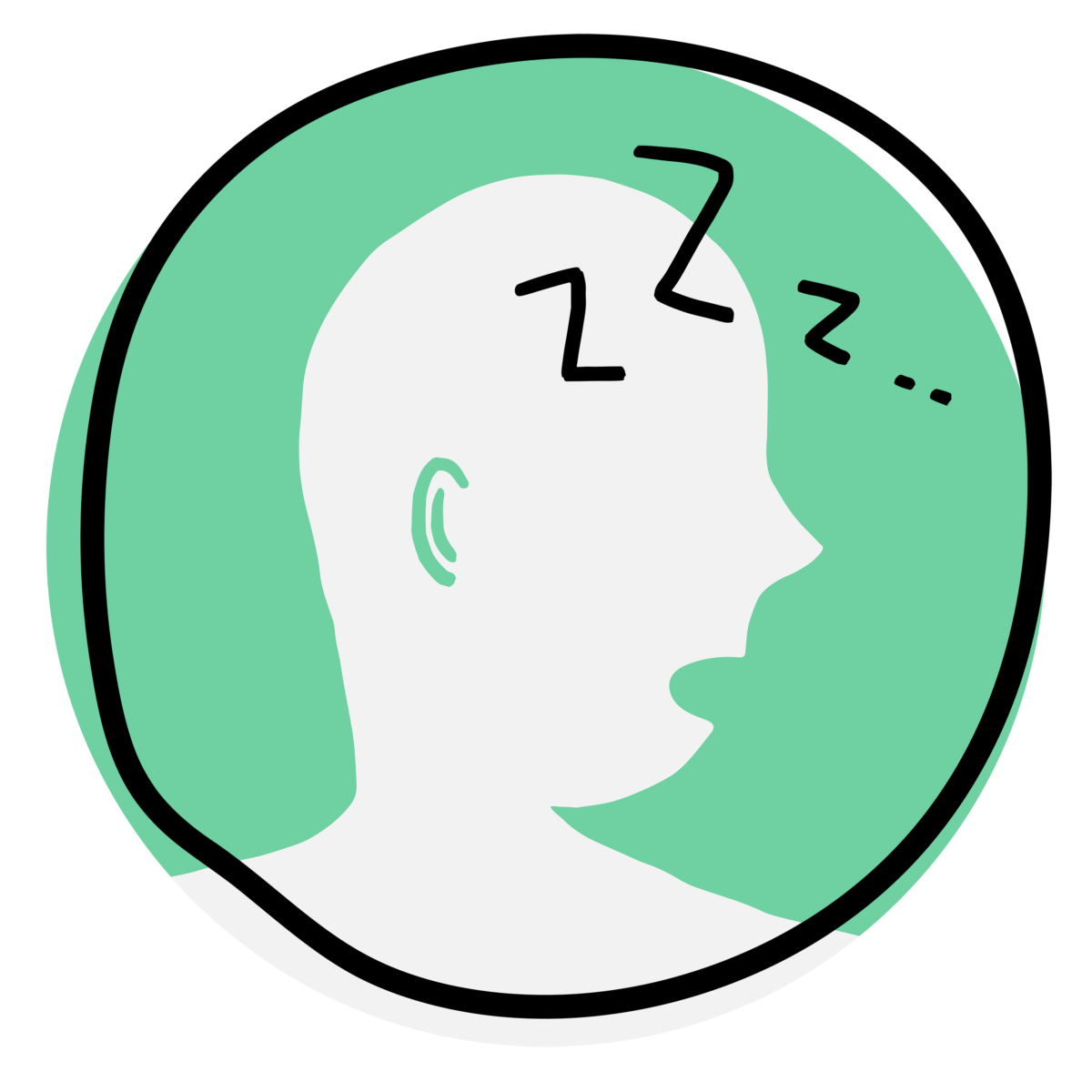
Lighting plays an important role in our sleep patterns. Using the lights to ensure you are getting to bed on time can be a simple, non-invasive way of getting to sleep on time and improving the quality of sleep.
Bedding
You are going to spend at least 7-8 hours a day in your bed. Investing in a good mattress is key to getting better sleep. While the subject of which matters to buy is extremely vast, we invite you to explore different options. Most companies that sell bedding now know that there is no way to tell if a bed is comfortable by just laying on it for a few seconds at a mattress store. Most companies offer 90 days to make up your mind.
While trying out different beds is not easy (sometimes not even affordable), it is worth investing time and effort to figure out what you like instead of being stuck with a bed that you don’t like for years. If you sleep with a partner, try exploring beds that absorb your partner's movements. If you cannot change the bed, you are using right now, try mattress toppers to see if that makes the bed more comfortable. Sometimes, changing the base or simply putting the mattress on the floor also helps.
Remember that your needs change throughout your life. You may prefer a firmer bed as you get older, or when you are pregnant. Don’t discount the effects of life changes on your needs for a better bed.
Essential oils and aromas for better sleep
We are profoundly influenced by smell. Smells tell our bodies when it's time to eat and activate salivating glands, they tell us if a food is raw, ripe, or rotten. Our olfactory senses play a vital role in our lives.
Being around nature calms us, centers us in ways that nothing else can. Nature therapy has been on our minds lately, and here are a few ways to reconnect.
lifeism.coBring a touch of calm to your bedtime routine with aromas and essential oils. Certain essential oils such as lavender and eucalyptus allow you to sleep better. When mixed with carrier oils, you can massage your body with these oils, spray a little sleep spray on your pillows or even rub a few drops on your wrists and neck. Bathing with bath salts and foams also promotes healthy sleep as it relaxes you.
Relaxing Yoga practices to sleep better
Yoga is the art of being aware of your body, mind, and soul. While power yoga can be a great workout, we can even use certain calming practices of Yang yoga (Yoga Nindra) in order to relax us before sleeping. These practices not only have some great physical benefits but also help to calm your mind. Some of the poses that you can practice are-
- Butterfly pose- Sit on the ground, bring your feet together and join them. Interlock your hands around your feet and as you exhale gently bring your feet closer to your pelvic region. Close your eyes, continue breathing mindfully, flap your legs and relax your body.
- Hare pose- Sit on both your feet with your knees bent. Inhale, exhale, tuck your abdomen inside and bend down while stretching your hands forward. Relax your back and shoulders in this posture.
- Seated forward bend- Sit down on your mat with your legs stretched forward and toes pointed upwards. Raise your hands up, inhale, exhale, tuck your abdomen inside and bend down trying to grab your toes and touching your forehead to the knee. Do not overstretch, bend down as far as you can and continue breathing.
- Wind releasing pose- Lie down flat on your mat. Bend your knees and wrap your hands around your legs, trying to get your knees as close to your chest as possible. You may even try to touch your forehead to the knees. In this posture, you may close your eyes, breathe mindfully and relax your body.
- Crocodile pose- Lie down flat on your tummy. Increase the distance between your legs and point your toes outward. Interlock your hands and place them on the mat with your palms facing downwards. Now place your head on your hands with your forehead and eyes touching the palms. You may even chant a mantra while your eyes are shut.
- Shavasana/corpse pose- This is one of the most important poses which one must practice after any practice or even by itself. Lie down flat on your mat or bed. Take your hands away from the body with your palms facing the ceiling. Increase the distance between your legs and drop the feet towards the ground. Close your eyes and start focusing on your different body parts. You have to feel them and relax them without actually moving them. Do this for at least 10 minutes daily and notice how refreshed and relaxed you’ll feel.
Yoga helps you to relax your body mindfully by getting you in touch with your body and mind. It is all a mind game at the end of the day. While doing these practices, do it with the intention of relaxing your body and breathe mindfully too. Feel every cell of your body being rejuvenated with every new inhalation.
Sleep supplements
There are many natural and clinical supplements to aid better sleep. Certain supplements like melatonin, beta-blockers, Vitamin D and Magnesium will also help you sleep better. While sleep supplements can be a topic of their own, we recommend that you talk to your physician before trying any of them. When used correctly, sleep supplements can have a powerful impact on your sleep quality. It is important that you regulate your dose with a professional and track how you are doing in other areas of life once you start taking sleep supplements.
Consult a sleep therapist
Getting a good night's sleep is key to our success and happiness. And when that seems impossible, it affects our entire lives. If you have struggled with sleep for a while now and if you’d really like to make some changes, then consult seeing a sleep therapist.
Finally, do not let sleeplessness be a cause of, well, sleeplessness. If you are stressed, it is going to affect your sleep. Stress will only make matters worse. You will set into a natural sleeping pattern soon.


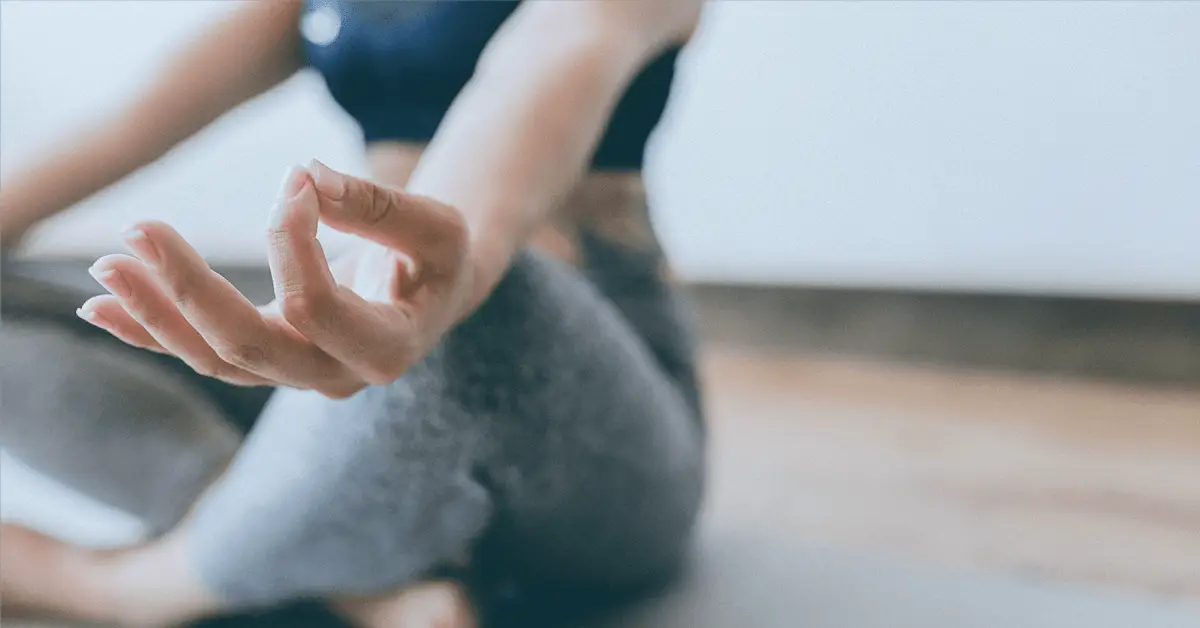
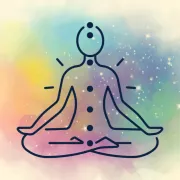



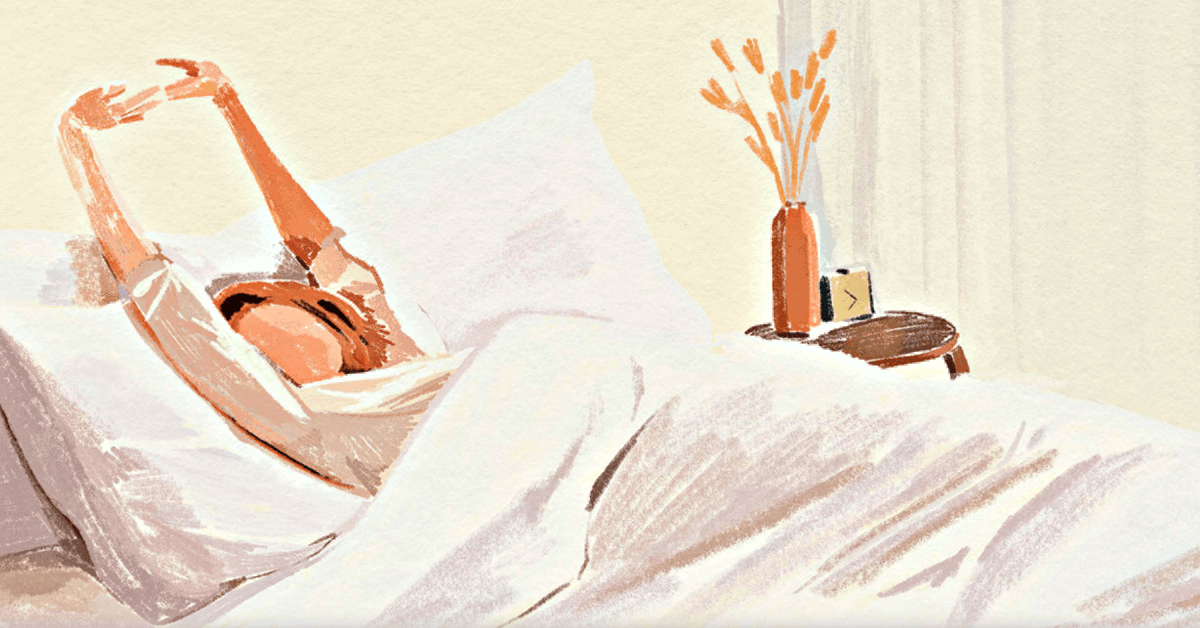






Comments